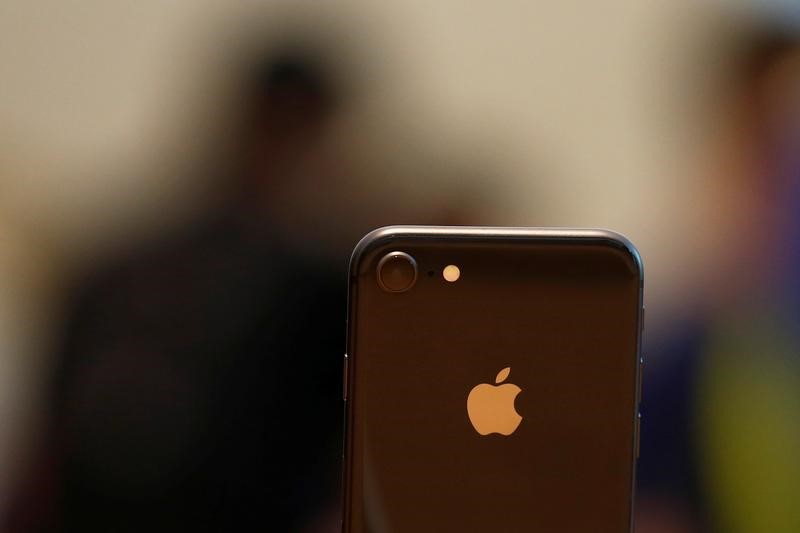Warren Buffett's Berkshire Hathaway (NYSE:BRKa) reported a significant rise in Q3 operating earnings, which soared by 40.6% to $10.761 billion. The company's cash reserve also hit a historical peak, reaching $157.2 billion. These results reflect the firm's strategic approach to capitalizing on rising bond yields by investing in short-term Treasury bills, which pushed Berkshire's holdings to $126.4 billion.
Despite these positive developments, the company's share buyback program witnessed a slowdown, with only $1.1 billion spent in Q3. This coincided with a 6% drop in its Class A shares from their September peak, even though they have increased by 14% this year.
In terms of portfolio performance, Geico, a significant part of Berkshire's insurance portfolio, reported underwriting profits of $1.1 billion. Conversely, BNSF Railway experienced a 15% profit drop due to decreased freight volumes and higher costs.
Berkshire also suffered an investment loss of $24.1 billion in Q3, largely attributable to a decrease in Apple (NASDAQ:AAPL)'s stock value.
Berkshire Hathaway has consistently surpassed the S&P 500's performance and reached a market cap of $762 billion since its inception in 1965. This growth is attributed to organic expansion and strategic acquisitions like Pilot Travel Centers in 2023 that have substantially boosted revenues.
While fluctuating investment and derivative gains have led to inconsistent profits and cash flows over the years, the company's resilience and high-quality operations have navigated these complexities effectively. Despite trading at higher multiples than in previous years, Berkshire Hathaway's consistent performance and ability to handle challenges have heightened its appeal to long-term investors.
This article was generated with the support of AI and reviewed by an editor. For more information see our T&C.
